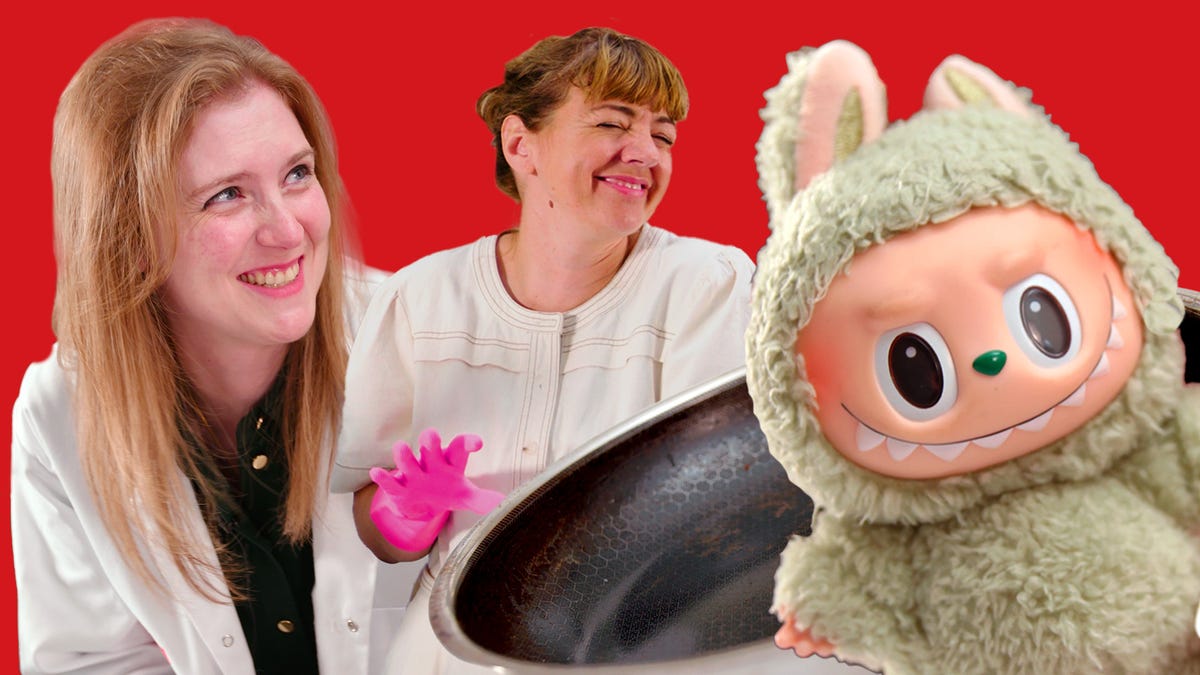Whenever we hear our own voices on a recording we all do the same thing - frown, cringe and say 'do I really sound like that?'
Well, thanks to science, we now have a real reason for why we all hate the sound of our own voice, and it's all about how our ears register sound.
The ear science...
The ear is made up of the outer ear (the part that is seen), the middle ear (which amplifies and transfers sound) and the inner ear (which sends the noise to the brain). So when you hear something, it travels through the outer, middle, and inner.
The sound science...
Sound is either air-conducted or bone-conducted. Air-conducted noise is anything that comes from the outside, like a recording of your voice in this case. Bone-conducted sound is basically the voice you hear when you have conversations with yourself in your head (you know you do).
'When [someone] listens to a recording of their voice speaking, the bone-conducted pathway that they consider part of their 'normal' voice is eliminated, and they hear only the air-conducted component in unfamiliar isolation—what everybody else actually hears,' Dr. Chris Chang told NBC.
The outcome and why we dislike it...
What you think your voices sounds like is something our brains have pretty much made up and what you hear on a recording is how other people actually hear you.
'We hate it because it is so foreign,' explains Dr. William Cullinan of Marquette University. 'You've certainly never heard yourself that way normally —and for good reason—you can't avoid producing both internal and external stimuli prior to hearing your own voice. The irony is you are the only person who 'hears' yourself in the way you think everyone else does.'
So there you have it but where do we go from here? Let's just not get a job in radio.
This article was adapted from womansday.com.
Liked this? You'll love...
What does your hair parting say about your personality
7 warning signs your lips are giving you
More GH news













